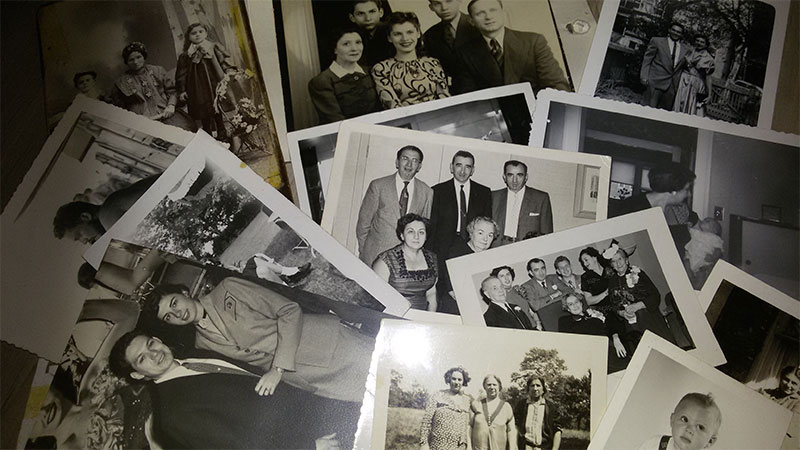
Family of Origin
Satir Transformational Systemic Therapy
I use this model and approach in my counseling with all of my clients. I believe her legacy is a holistic model for human transformation that is instinctive, practical and incredibly accessible.
Virginia Satir coined the expression on “Becoming more fully human” and believed human beings have an innate drive, a positive energy to grow and evolve. At a time when psychology and psychiatry focused on pathology, the problems and what was wrong, “the identified patient” she helped people find the positive intention or the deep wisdom in whatever they experienced, whether with individual, couple or family. As she often said, “the problem is not the problem, the coping is the problem

Our family of origin is the most important place of learning about ourselves and the world before the age of 18. From our families, we learn what we should hold as important and how we should behave. (Families include biological parents, foster parents, grandparents, great grandparent’s aunts and uncles, cousins, siblings, significant friends and mentors in our life) We learn values which can either raise or limit our self-esteem and limit our sense of self. The lessons we learn about how to behave in the world become the family rules.
For example: When I was a child of 6 six I remember seeing my mother cry and I asked her, “Mommy are you sad, why are you crying?” Her response was “No, I’m not sad I’m fine” I remember how puzzled I was, the action and words didn’t match. So, implicitly I picked up the rule “ Never make your mother sad” because when my mom becomes upset and has trouble coping it’s not safe to express my feelings, and I also learned not to trust my intuition or my feelings when I or someone else was sad. Some rules are explicit with a “never” “should” “always” “ought” or “must” and others or implicit and subtle.
I learned “Never talk back to your father” “You shouldn’t express your anger” And what I was learning was “Never hurt anyone’s feelings” On one hand compassion and kindness can be learned but at what cost, following such a rule results in the person having to discount his or her own feeling in order to make others feel good about themselves. Hence, that is what I learned to do, to discount my own feelings at the cost of being nice. I started to feel resentful and hurt that my feelings weren’t acknowledged and appreciated.
We often carry our family rules into our adult lives without even realizing it and use them in our adult relationships. The result becomes lowered self -esteem. We usually cope with family rules by either following them, or rebelling against them. Both methods of coping are costly to self- esteem.
For example: the rule, “Never talk back to authority figures” might become problematic in the workplace in interactions with superiors.
Or “You must always make do with what you have” might become a self-limiting belief that interferes in accomplishing what a person dreams or desires to do or become in their life.
The outcome of changing the impact of family rules is that the individual has choice and can decide for themselves how they will behave in specific situations, responding instead of reacting.
What lingers from parents and grandparents past, unresolved or incomplete often becomes part of our irrational parenting, and these beliefs often become part of our perception of the world. The key is to ‘Keep what fits and let go of what no longer serves any positive purpose.”
